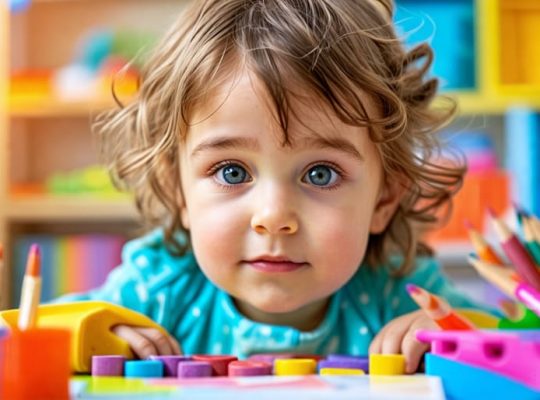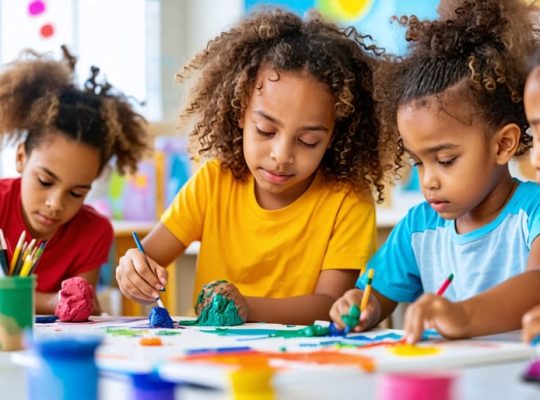How Malnutrition Impacts Your Child’s Mental Health and What You Can Do About It
Identify nutrient gaps in your child’s diet by incorporating a variety of fruits, vegetables, proteins, and whole grains to combat malnutrition’s detrimental effects on mental health. Prioritize consistent meal timing and balance to stabilize energy levels and improve cognitive function. Engage in open conversations about feelings and food choices to foster a positive relationship with nutrition, easily combined with efforts to shatter mental health stigma. Consult a healthcare professional to develop a personalized…










